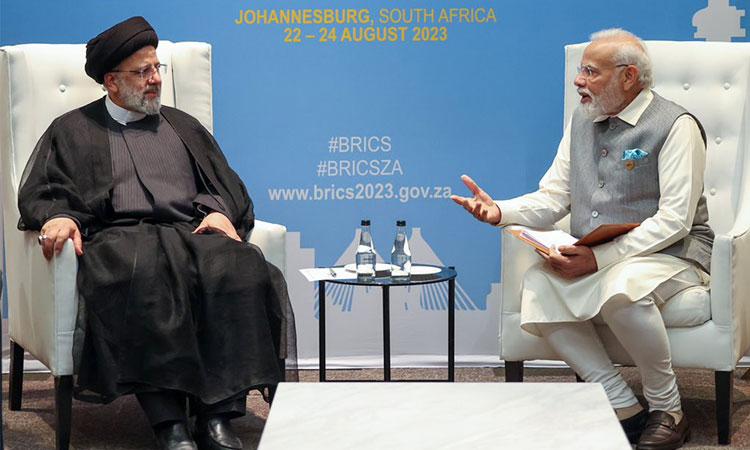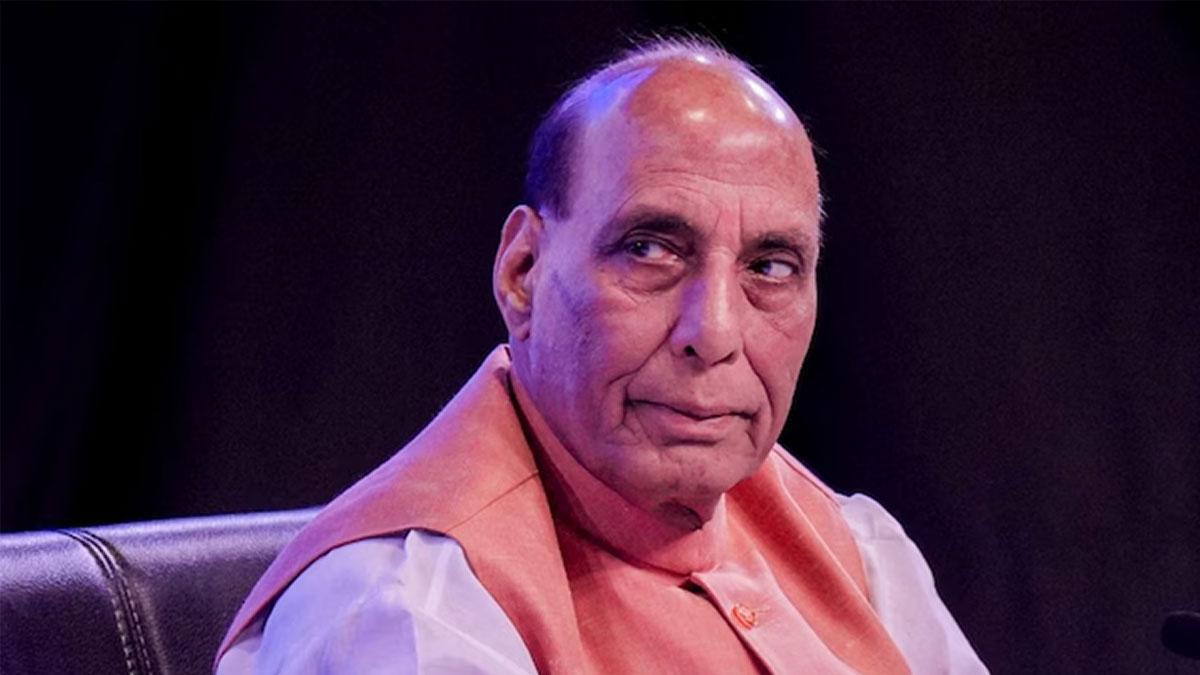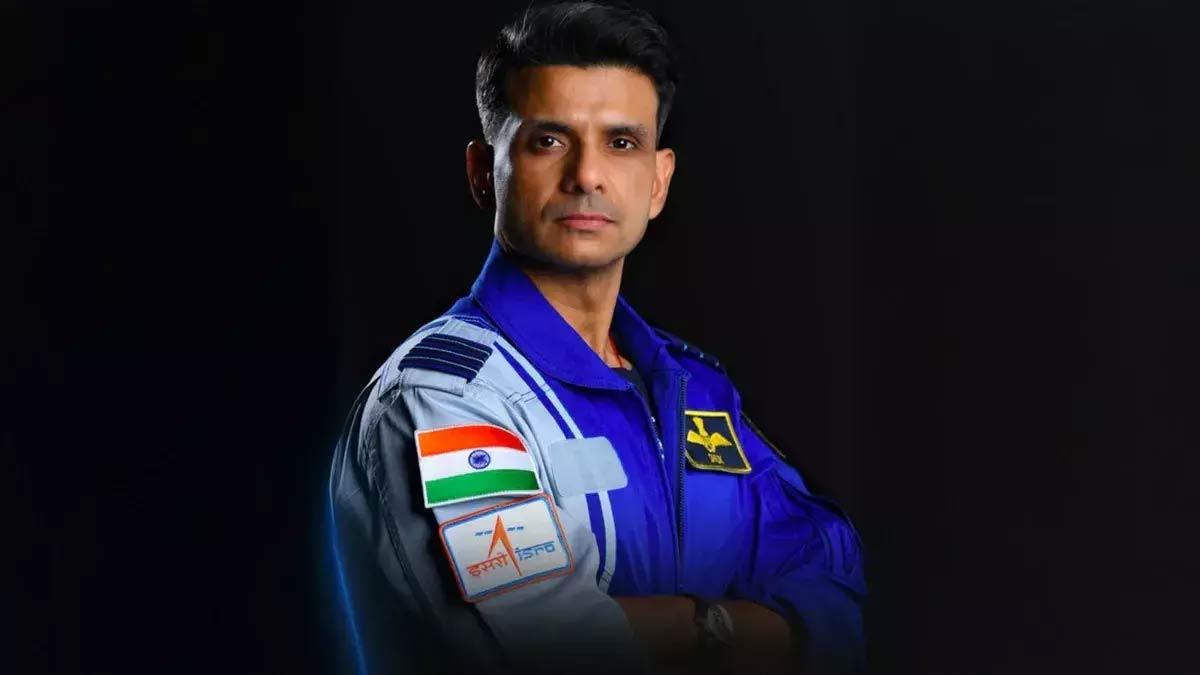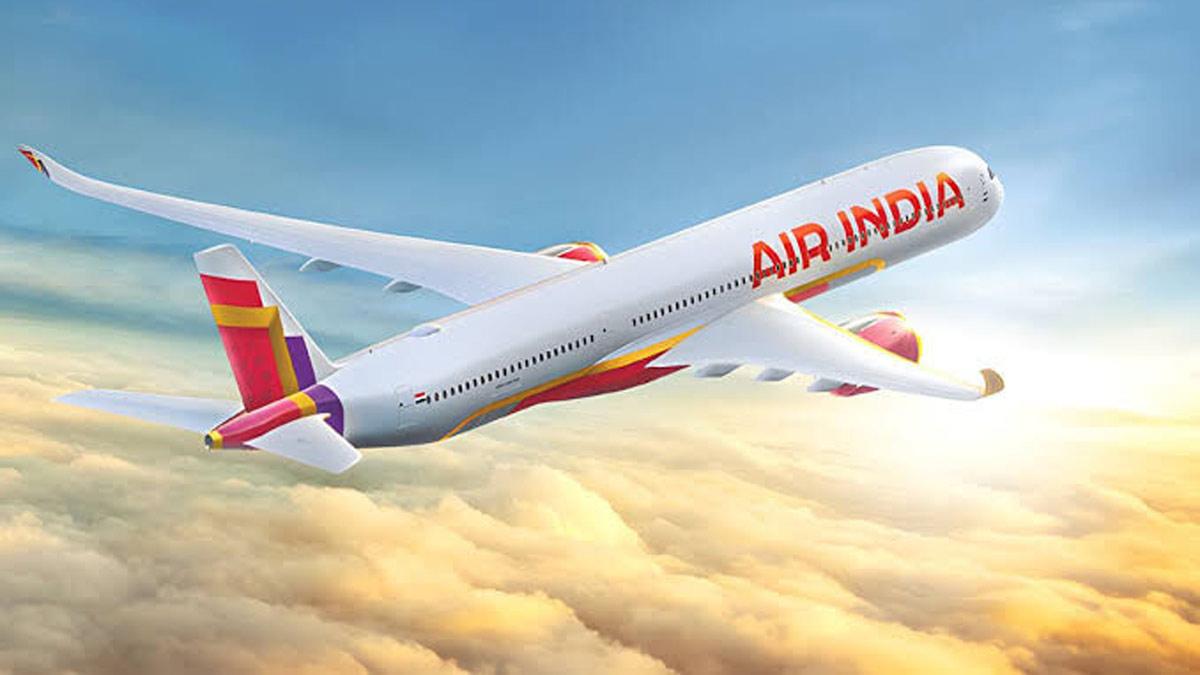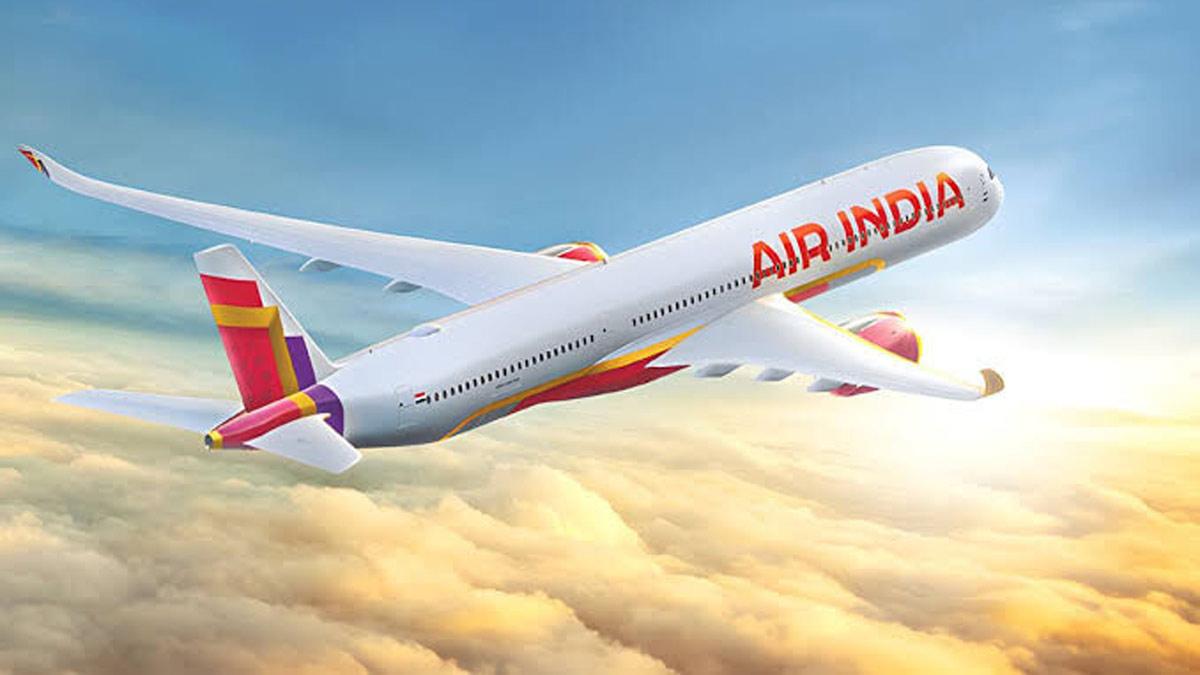Amid the ongoing crisis in West Asia, Prime Minister Narendra Modi held a telephonic conversation with Iranian President Seyyed Ebrahim Raisi. During the call, Prime Minister Modi reiterated India's consistent stance on the Israel-Palestine issue. The two leaders discussed the challenging situation in the West Asia region, including the Israel-Hamas conflict.
Prime Minister Modi expressed deep concern over the terrorist incidents, violence, and the loss of civilian lives. President Raisi shared his assessment of the situation, and both leaders emphasized the importance of preventing further escalation, ensuring ongoing humanitarian aid, and working towards the early restoration of peace and stability in the region.
Additionally, the leaders positively reviewed the progress in their multifaceted bilateral cooperation. They highlighted the significance of the Chabahar port in Iran for improving regional connectivity. Both sides agreed to remain in contact due to their shared interests in regional peace, security, and stability.
On a related note, on November 5, External Affairs Minister S Jaishankar also discussed the challenging situation in West Asia during his conversation with his Iranian counterpart, Hossein Amir-Abdollahian.
"Spoke today with Iranian Foreign Minister Hossein Amir-Abdollahian. Discussed the grave situation in West Asia and the concerns of the international community. Conveyed the importance of preventing escalation and providing humanitarian support. Agreed to stay in touch," Jaishankar had posted on X after the conversation.
(With Agency Inputs)

